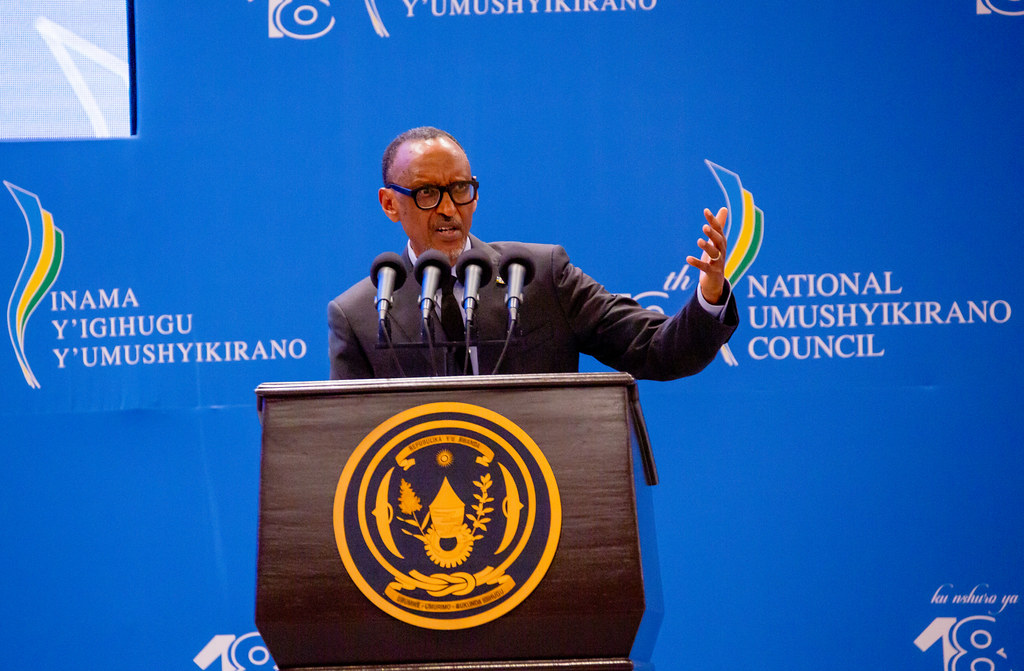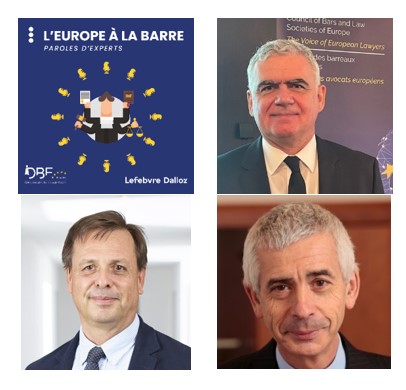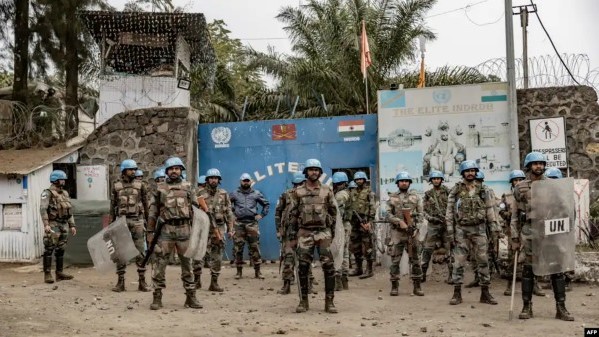Regional
Why Rwanda subscribes to consensual democracy

When
Rwandans began agitating for independence against Belgian colonial rule, political
parties started being formed.
Intriguingly,
since many Rwandans considered independence an achievement worth celebrating,
Gregoire Kayibanda and other elites issued
a public manifesto demanding a continuation of Belgian rule until the Hutu were
better prepared to assume a role in political affairs.
Needless to say, this was the work
of the Belgian colonialists who were focused on sowing the seeds of ethnic division.
In June 1957, Kayibanda and his
colleagues mentored by Msgr Perraudin formed the Hutu Social Movement. The
latter, in 1959, became the Party of the Hutu Emancipation Movement (Parti du
Mouvement de l'Emancipation Hutu—Parmehutu). Without going much into detail in the
formation of other political parties like UNAR, and APROSOMA, it is evident that the formation of political parties
started on a wrong footing of ethnicity.
In 1959, there was widespread persecution and massacre of the
Tutsi, all over the country.
Those who survived went into exile in neighboring countries
and beyond.
Since the colonial masters were the architects of the divide
and rule policy, they were behind the Tutsi massacre. The real numbers of
people killed could not be established as several scholars believe that the
killings constituted a genocide that was never recorded.
Fast forward; the regimes that took over after independence
continued with the politics of ethnic discrimination which culminated into the
1994 genocide against the Tutsi.
With the prevalent legacy of genocide ideology, and its architects still spread all over the world, post Genocide Rwanda chose to guard against divisive politics and ensure inclusivity to enable unity of all Rwandans, reconciliation and sustainable peace.
Rwanda's
current leadership, after wide consultations, decided to find an alternative to
confrontational politics which had sunk the country into genocide against the
Tutsi where more than a million innocent souls were killed in 100 days.
The
Government of national unity conducted wide national consultations among
Rwandans from all walks of life, including politicians and civil society
members. The purpose was to recreate a sense of community and belonging among all
Rwandans devoid of any form of discrimination and ethnic divisions.
Later,
a National Consultative Forum for Political Organizations (NFPO) was
established, with the idea of promoting permanent consultative
mechanisms among political parties and organizations, based on the spirit of
the Arusha Peace Accords.
The NFPO works as a
platform where political organizations recognized in Rwanda meet and discuss the
country’s problems and national policies, with an aim of consensus building and
national cohesion. The aim is to build a better Rwanda.
The choice of
consensual democracy is a home grown approach. It took into consideration the
political history, context and aspirations of the Rwandan people to build a
united country that is free from any form of violence.
Some critics accuse
Rwanda of not subscribing to Western democracy. However, what they
intentionally ignore is the fact that there is no one size fit all type of
democracy.
Each country, or
nation, is different, and at liberty to choose what works for it with the will
of the people, so as to deliver peace, unity and progress.
Again, there are critics of the Rwandan model
of democracy who say that it is not vibrant, that it stifles opposition and
that the elections are boring because they do not see confrontation between
political parties as seen in many countries. The Genocide against the Tutsi in
1994 was caused by bad politics of division. Rwandans have agreed to leave
behind such bad politics so as to ably build a new nation.
Political organizations decided to embrace
mature politics, which could be difficult for the critics to comprehend because
they just hear about genocide but have no clue about its real effect on Rwandan
society.
Rwandan political organizations come together
and agree on a minimum agenda that does not compromise the unity of the Rwandan
people, and shuns genocide ideology.
Since 1994, Rwanda is a peaceful country that
has moved from an almost failed state to one of the emerging economies on the
African continent.
The unity, stability and accelerated
development seen today in Rwanda is attributed to the strong pillar of
consensual democracy as well as transformational leadership under President
Paul Kagame.





.jpeg-20230326115316000000.jpeg)
.jpeg-20230325093542000000.jpeg)
